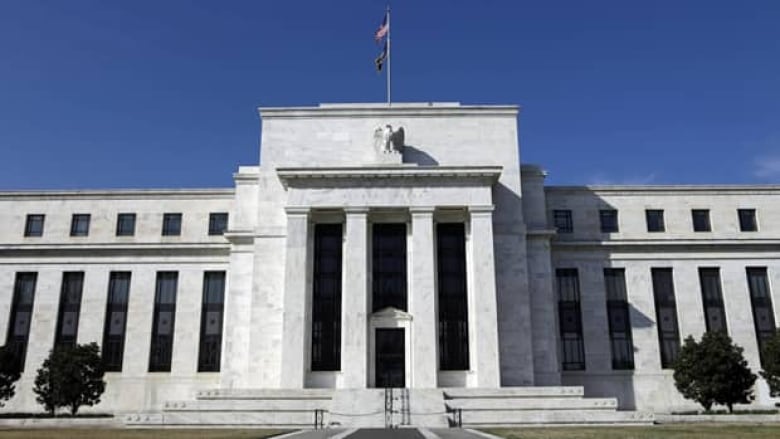Fed says 18 biggest U.S. banks in stronger position

The largest U.S. banks are more prepared to withstand a severe national recession and a global downturn than at any time since the 2008 financial crisis, the Federal Reserve says.
The Fed's annual "stress tests" showed Thursday that as a group, the 18 banks hold fewer bad loans compared with last year, helped by a stronger economy.
The Fed will announce next week whether it will approve the banks' plans to issue dividends or repurchase shares.
Under the stress tests' most severe scenario, the country would undergo a recession in which unemployment would reach nearly 12 per cent, stocks would lose half their value and home prices would plunge 20 per cent.
The Fed data show that one of the banks, Ally Financial Inc., would have a much lower capital buffer against losses than the others under the most severe scenario. But Fed officials wouldn't say whether that means it would reject Ally's plans for issuing dividends or buying back shares.
Last year, Ally — the former financial arm of General Motors — was the worst-performing bank in the Fed's stress tests.
It was one of four banks that failed the tests and were not allowed to raise their dividends or repurchase shares.
The 18 banks were tested on how they would withstand severe downturns not only in the United States but also in Europe and in Asian countries including China and Japan.
The Fed said that under the most severe scenario, the 18 banks would suffer combined losses of $462 billion through the fourth quarter of 2014.
The Fed has conducted stress tests of the largest banks every year since 2009 in the aftermath of the financial crisis.